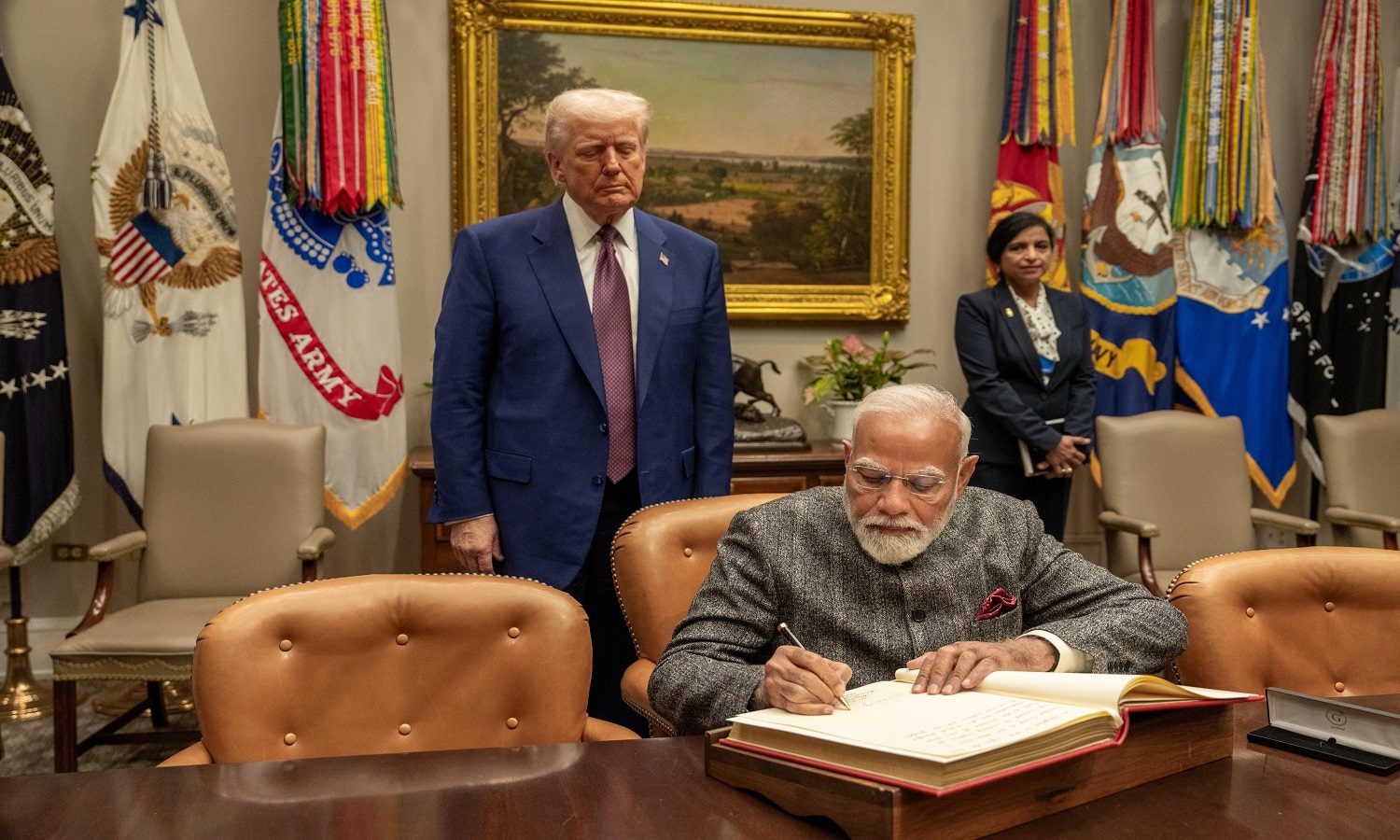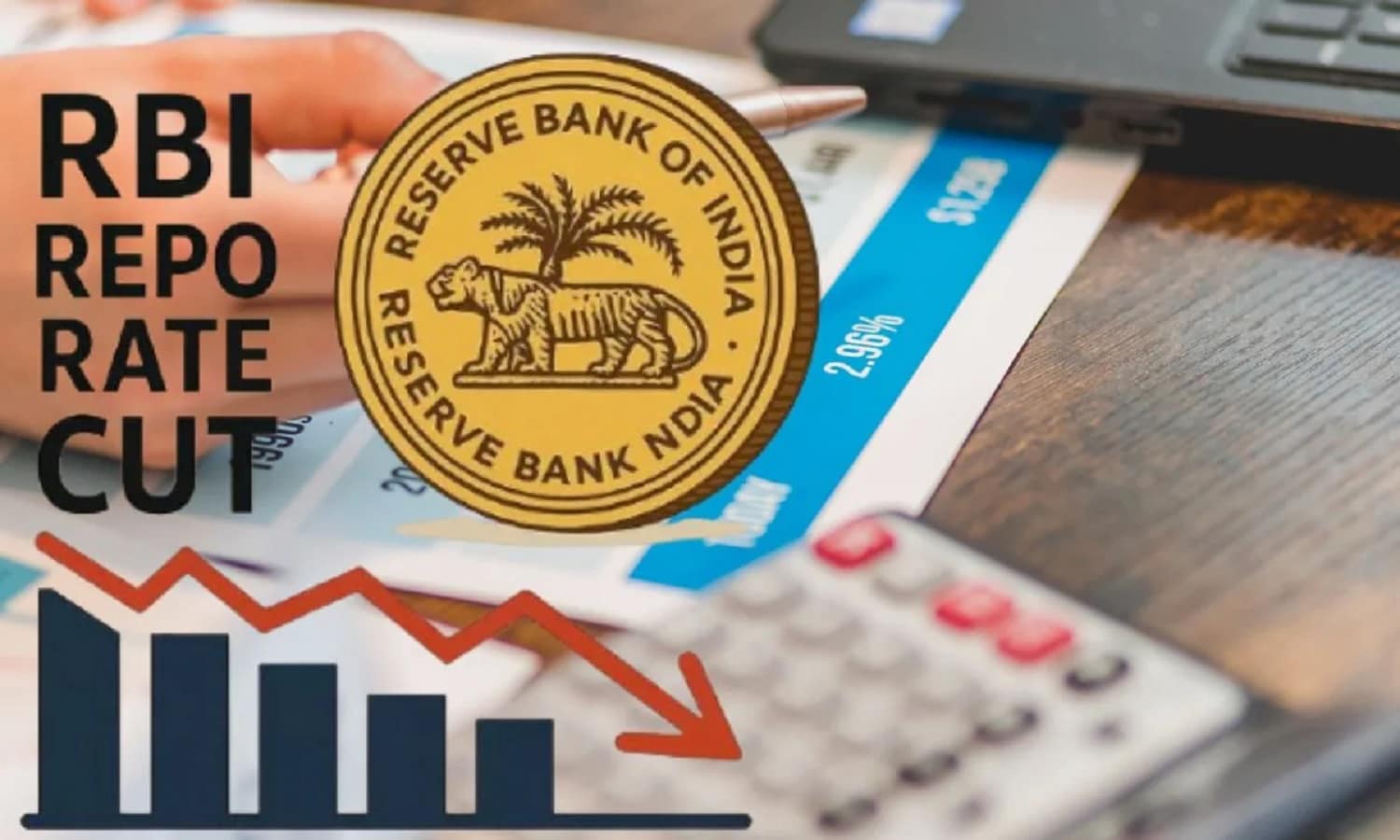PM Awas Yojana Urban 2.0: Transforming Urban Housing in India
The PM Awas Yojana Urban 2.0 (PMAY Urban 2.0) is a shining example of positive change in our cities. Launched by the Government of India, this program focuses on providing all-weather pucca houses to eligible beneficiaries in urban areas. As cities grow and the demand for homes increases, PMAY Urban 2.0 aims to make it easier for many to become homeowners.
This initiative is backed by a substantial government assistance of ₹ 2.30 lakh crore, and it has already sanctioned 1.18 crore houses, with more than 85.5 lakh houses constructed and delivered to beneficiaries. It is the latest phase of the broader PM Awas Yojana, which aims to ensure that everyone in urban areas has access to affordable housing by 2022. The new version builds on the previous plan, incorporating fresh features and better benefits to meet the evolving needs of city residents.
New factors added by the government: A key component of PMAY Urban 2.0 is the establishment of Resident Welfare Associations (RWAs) to oversee the maintenance of housing projects. Compliance with the Real Estate (Regulation and Development) Act, 2016 (RERA) and other state laws is mandatory for all implementing agencies, which include Urban Local Bodies (ULBs), housing boards, and private developers. To streamline the approval process for housing projects, all States and Union Territories are required to set up a single-window approval system, ensuring that approvals are granted within 90 days.
Furthermore, every Affordable Housing in Partnership (AHP) project must register under RERA, and changes in project leadership will not be permitted. Regarding funding, the first 40% of the financial allocation for these projects will be released once detailed project reports are submitted and key requirements—such as RERA registration and project developer identification—are fulfilled.
Adoption of Model Tenancy Act by 2025: Looking ahead, the adoption of the Model Tenancy Act (MTA) by 2025 will play a crucial role in governing Affordable Rental Housing (ARH) projects. States and Union Territories must adopt the MTA or amend their existing tenancy laws by June 2025. The MTA aims to ensure speedy resolution of disputes and promote a healthy rental housing market by mandating rental agreements and enforcing tenant responsibilities.
To avail of the benefits under PMAY Urban 2.0, states must complete the first phase of urban reforms by 31 December 2024. This comprehensive approach not only aims to provide affordable housing but also fosters a structured and sustainable urban environment for all citizens.




